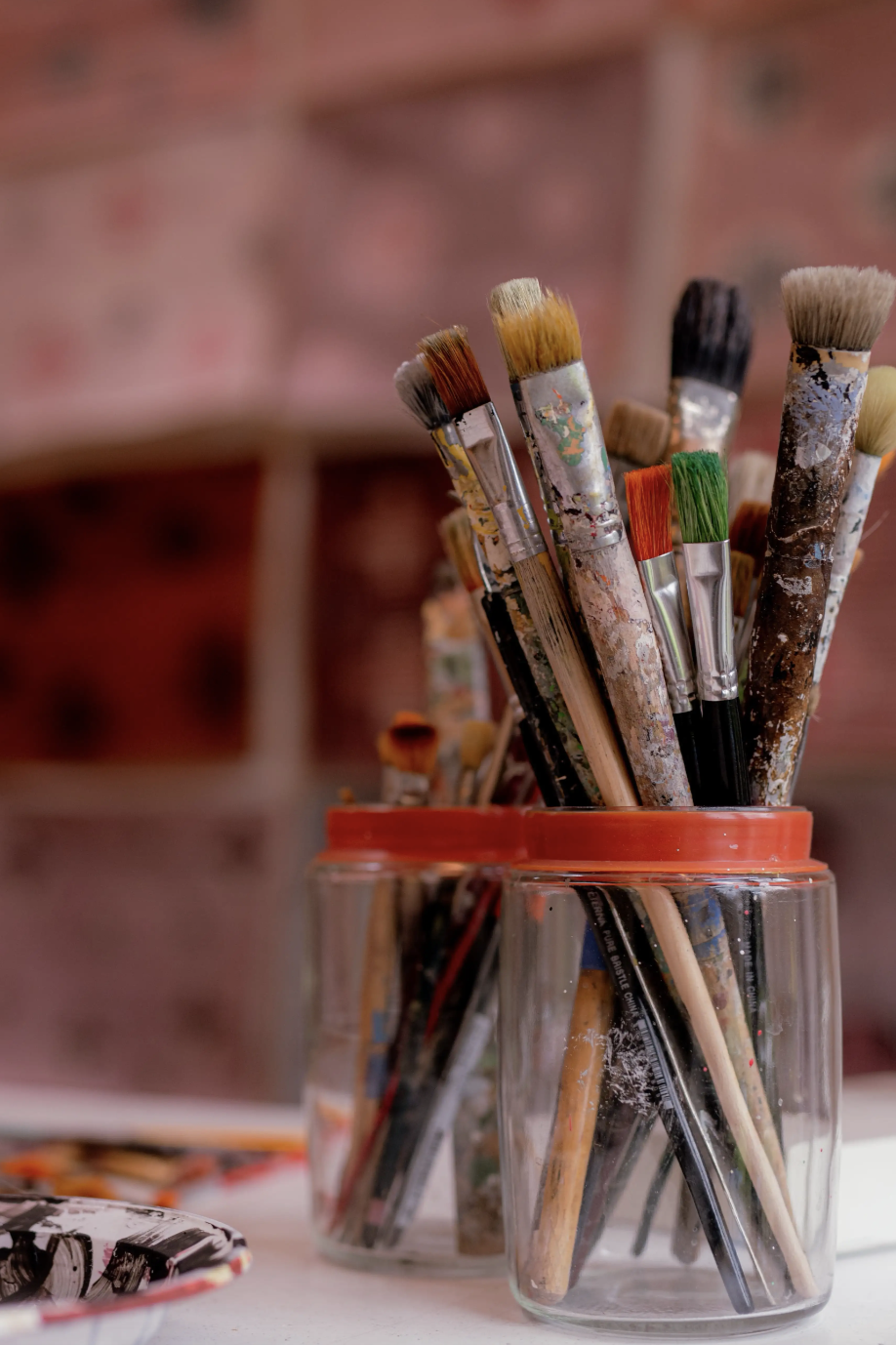The Big Deal About Habits
The Effects of What We Repeatedly Do
Image by Laura Adai from Unsplash
The power of habit is strong.
Habits build sequences, propel, and steer us. Habits shape the trajectory of our lives, as habits move us toward or away from health and success.
Despite the potential impact of our repeated actions, habit-formation is not always a favorite topic. People often associate habits with limits and rules and rigidity. In truth, habits are the opposite of limiting or rigid. Well-considered habits are all about ease, flow, and automaticity, in that habits go far in consolidating and eliminating hundreds of the tiny, fatiguing day-in, day-out decisions we face.
The Sum of Our Actions
Do our habits affect our lives in fundamental ways? Research confirms that they do. Aristotle declared that we are the sum of our actions, and studies show that habits strongly determine the tenor of our days, move us toward and through the shifts we seek to make, and toward the people we aspire to be. Studies show too that what’s more foundational even that habits, are keystone habits.
Keystone habits are foundational core habits. They are the routines and practices by which a person operates as a matter of course. Keystone habits are performed independent of willpower, motivation or persuasion. The particular power of keystone habits lies in the fact that this type of habit has the potential to become part of our identity. In the beginning, crafting a positive habit requires intention and strategy. Acquiring a habit requires willpower until the habit reaches the point of automaticity and eventually identity. Once a behavior becomes part of your identity, simply something that you do, that behavior has become a keystone habit.
What behaviors do we hope to cultivate? What habits do we seek to develop? To create habits, we must be intentional about the identity we seek and are forming. Four steps that can help form almost any habit include:
Stack a new habit onto an established habit, or between habits;
Create an obvious cue that it’s time to perform the new habit;
Make success easy by removing friction points and making the desired action convenient; and
Note the systems and habits of the people who do that thing — bit by bit, start doing what people who do that thing do.
How to Create a Habit
Image by Bárbara Fróes from Unsplash
Steps toward creating a painting habit could look something like this:
Stack painting onto or between existing habits: (I paint after my morning walk and before breakfast.)
Create a cue that it’s time to paint: (Set your canvas, smock and brushes up in a dedicated space the night before.)
Make success convenient and easy: (Every Monday-Wednesday-Friday, I paint 5 minutes minimum by removing all obstacles that would make painting those days for 5 minutes difficult.)
Note the habits and systems of painters — Do what painters do: (I sketch ideas, invest in quality equipment, track progress, attend openings, and I joined my local arts association.)
Paint for five minutes after walking and before breakfast every MWF for a few weeks. You are forming a habit. If you stick with this routine in a systematic way, you be on your way to forming a keystone habit. Over time, if you keep your eye on consistency and process, and you may be on your way to curating a behavior that becomes part of your identity, a behavior that is simply something you do.
Forming positive habits hinges on stacking new habits onto or between existing habits, creating obvious cues, making success and desired behaviors easy, and focusing on systems and identity-formation. Be intentional, show up, and enjoy the process of building habits. Doing so may put you on the path to forming keystone habits, a few of which may become a fundamental part of your identity.


